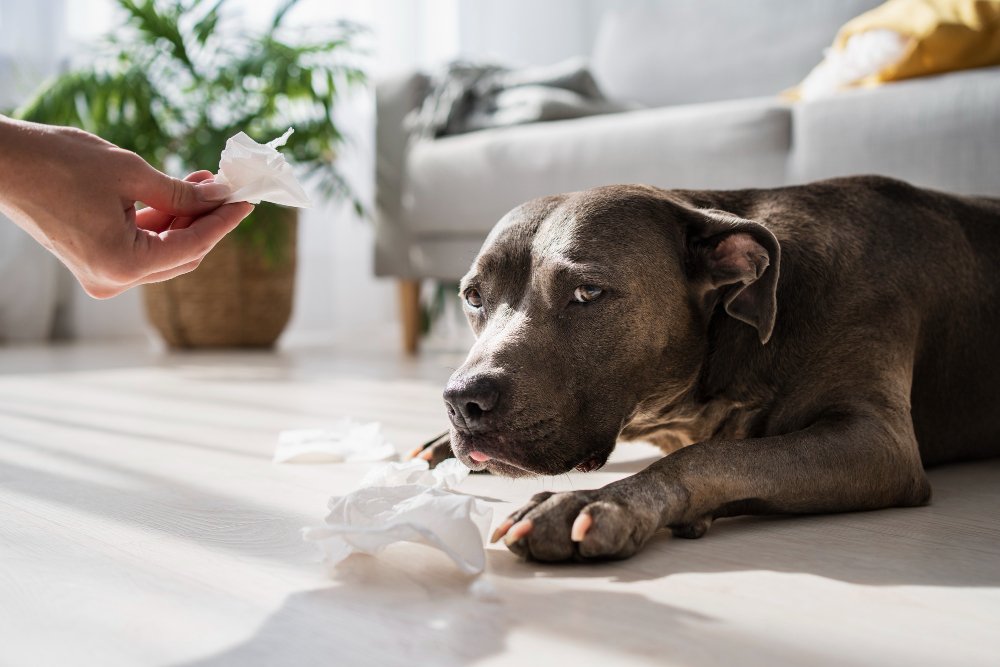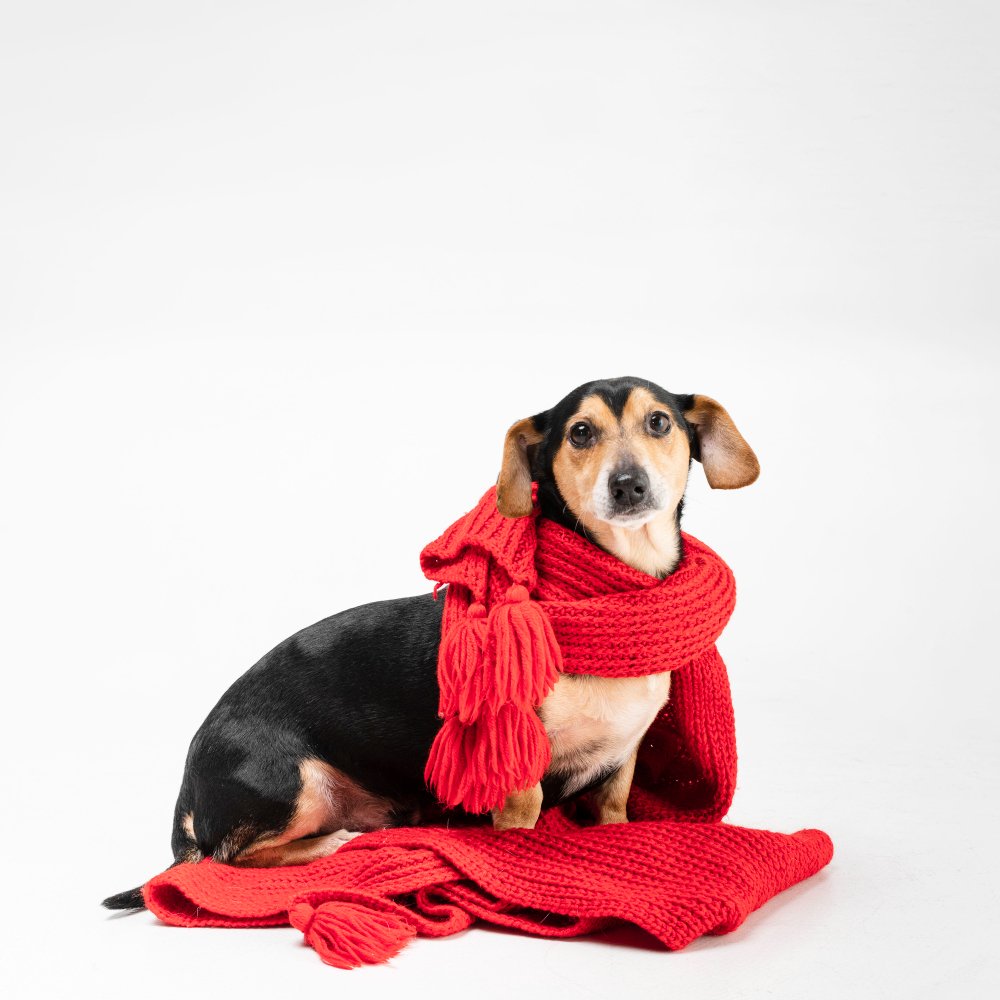“Why is my dog sneezing so much?” This is a question that many dog owners might ask at some point in their pet’s life. Sneezing is a common behavior in dogs, but when it happens frequently, it can raise concerns. While occasional sneezing may be nothing to worry about, frequent sneezing can indicate underlying issues such as allergies, irritants in the environment, or even health problems. In this article, we will explore the various reasons why dogs sneeze, how to identify the cause, and when it’s important to consult with a veterinarian.

Understanding Dog Sneezing
“Why is my dog sneezing so much?” Sneezing is a reflex action that helps clear the nasal passages. Just like humans, dogs sneeze to remove irritants from their noses. However, if your dog is sneezing excessively, it could be a sign that something is bothering them. Understanding the context of your dog’s sneezing can help you determine whether it is a normal behavior or a symptom of a more serious issue.
Common Causes of Sneezing in Dogs
- Allergies One of the most prevalent reasons for frequent sneezing in dogs is allergies. Just like humans, dogs can be allergic to a variety of substances. Common allergens include:
- Pollens from trees, grasses, and weeds
- Dust mites and mold
- Household cleaners, perfumes, and air fresheners
- Certain foods and ingredients
If your dog is sneezing, scratching their skin, or experiencing watery eyes, allergies might be the culprit. Allergies can cause inflammation in the nasal passages, leading to excessive sneezing.
- Environmental Irritants Environmental irritants can also cause your dog to sneeze frequently. These can include:
- Smoke from cigarettes or fireplaces
- Strong odors from cleaning products or perfumes
- Chemical sprays or insecticides
- Air pollution or pollution from vehicles
If your dog sneezes more when you use certain products or are in specific environments, try to identify and minimize exposure to these irritants.
- Nasal Infections and Illnesses Sneezing in dogs can also be a sign of an underlying nasal infection or respiratory illness. Canine influenza, kennel cough, and other upper respiratory infections can cause dogs to sneeze frequently. If your dog exhibits other symptoms, such as coughing, lethargy, nasal discharge, or loss of appetite, it may be time to consult your veterinarian.
- Foreign Objects in the Nose Sometimes, dogs may inhale foreign objects such as grass, seeds, or small toys, leading to sneezing. If you suspect that your dog has something stuck in their nose, watch for signs of distress, excessive pawing at the face, or difficulty breathing. In such cases, seek veterinary assistance to safely remove the object.
- Dental Problems Dental issues can also lead to sneezing. Infections in the mouth can spread to the nasal passages, causing inflammation and sneezing. Regular dental check-ups can help prevent these problems, and if you notice your dog sneezing alongside issues like bad breath or difficulty eating, it’s time to consult the vet.

When to Call the Vet
It’s crucial to know when to seek veterinary help. Here are some signs that indicate it’s time to call the vet about your dog’s sneezing: – Persistent Sneezing: If your dog sneezes frequently and it doesn’t improve over a day or two, a veterinary check-up is recommended. – Other Symptoms: Look out for additional signs such as coughing, nasal discharge, lethargy, or loss of appetite. – Severe Behavioral Changes: If your dog seems unusually uncomfortable, distressed, or is having trouble breathing, seek immediate veterinary assistance. – Unusual Odors: Foul smells coming from your dog’s mouth or nose can indicate underlying health issues needing prompt attention.
How Can I Help My Dog?
When dealing with sneezing, there are a few preventative and supportive measures you can take: 1. Clean Living Environment: Regularly clean your home to minimize dust, mold, and allergens. Consider using air purifiers to improve air quality. 2. Grooming: Regular grooming can help reduce allergens in your dog’s fur. Bathing your dog with hypoallergenic shampoos can also be beneficial. 3. Monitor Allergens: If you suspect your dog has allergies, try to identify and eliminate potential allergens from their environment. Keep a diary of when sneezing occurs in relation to their activities and environments. 4. Veterinary Care: Regular check-ups with your vet can help catch any health issues early and provide tailored advice on managing allergies or irritants impacting your dog.
Conclusion
In conclusion, if you’re asking yourself, “Why is my dog sneezing so much?”, it’s important to observe their behaviors, environment, and any accompanying symptoms to determine the underlying cause. While occasional sneezing is often normal, frequent sneezing can indicate allergies, irritants, or health issues that require attention. Being proactive and consulting your veterinarian when necessary ensures that your furry friend stays happy and healthy.
References
- American Kennel Club (AKC). (n.d.). Allergies in Dogs: Symptoms & Treatment.
- Veterinary Partner. (n.d.). Sneezing in Dogs: Possible Causes and Treatment.
- PetMD. (n.d.). Why is My Dog Sneezing?
- ASPCA. (n.d.). Dog Health: Allergies.
This comprehensive approach should give you a better understanding of your dog’s sneezing habits while ensuring their well-being.


